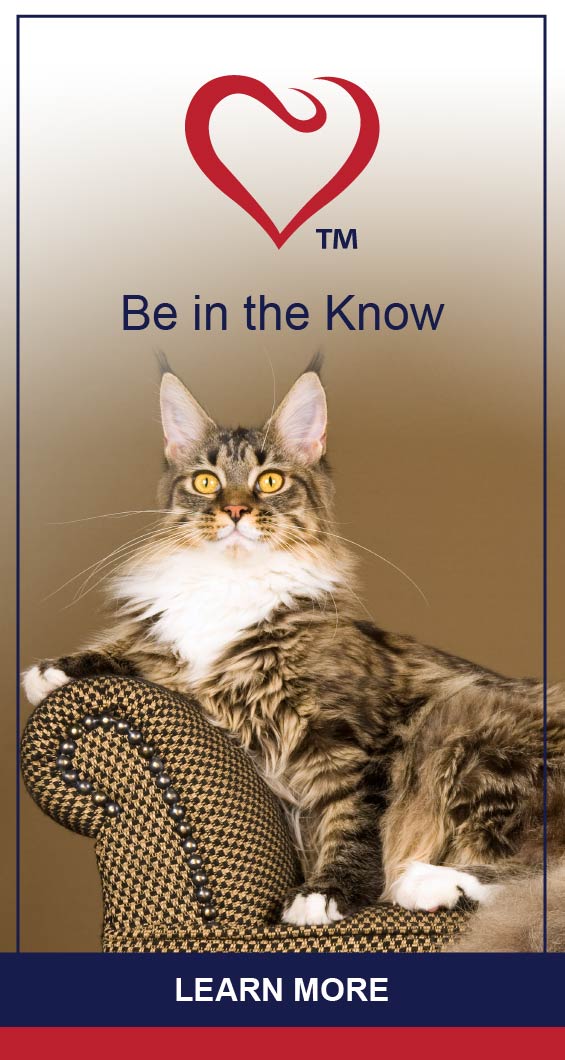HEALTH & WELLNESS

TRENDING

We’re excited and honoured to feature South Africa’s second largest independent animal welfare organisation on PetlifeSA for one year, starting July 2019.
Maintaining Your Pet’s Immune System

Making sure that your beloved pet is resistant to infections, toxins, pathogens, and other causes of illness starts by knowing what the immune system is and what it does.
The immune system consists of the network of organs, cells, tissues, and the substances they produce that keep the body robust against diseases and other ailments. Included in this complex set of defences are the skin, tonsils, lymph system, white blood cells, bone marrow, thymus, and spleen. Each of these constituents has been the subject of voluminous research and libraries of writing, giving us far too much information to be repeated here. It’s sufficient to say that the numbers of interlinkages, interactions, and co-dependencies in this network vastly exceed the sum of the parts.
While all mammals have similar immune systems, the subtle differences in how they function, e.g., in dogs and cats, are thought to underlie the variety of autoimmune, allergic, and infectious conditions that affect our pets. To illustrate; imagine individuals’ immune systems as a point on two intersecting lines. The one being the horizontal axis with genetics at one end and environment at the other. Crossing that line is the vertical axis with overactive at the top end and underactive at the bottom. The ideal is that the lines should cross precisely in the middle, meaning that all factors are in equilibrium and the system is operating optimally. Unfortunately, this is seldom the case, and the reason is easily understood by imagining a pet with great genetics but that is malnourished due to overfeeding.
THE DIFFERENCES BETWEEN CANINE AND FELINE IMMUNITY
Dogs’ and cats’ evolutionary adaptations differ because dogs have been part of human domestic life for 15 thousand years or more and cats for somewhat less. Other factors, such as the intentional breeding of dogs, saw them lose the genetic diversity of cats. This has allowed our feline friends to have greater resistance to certain types of mite – , tick – , and flea – transmitted infections.
NUTRITION, GUT HEALTH, AND A STRONG IMMUNE SYSTEM
The immune function is related to the gut microbiome and canine and feline microbial populations show variations, which impacts on the ability to resist specific bacteria, viruses, and toxins. A suitable diet containing sufficient amounts of gut-friendly nutrients will maintain healthy levels of microflora. Sometimes it could be necessary to add supplementary amounts of omega 3 fatty acids, prebiotics and probiotics. Your veterinarian will be the best source of advice on which are required.
The study of nutrigenomics and nutrigenetics has opened up research into how the body responds to bioactive foods and other nutrients. This research has emerged as a potential means of tailoring diets according to pets’ genetic profiles. The happy outcome of such dietetics would be to keep the immune system functioning as well as possible.
IMMUNE SYSTEM DISEASES
Many disorders are caused by the immune system being overactive. These are commonly known as autoimmune diseases because the body’s defensive system cannot distinguish between its own cells and the attacking antigens. An example would be canine hypothyroidism of which 95% of cases are caused by the immune system damaging the dog’s thyroid gland. When the classic symptoms appear, the first reaction may be to add iodine supplements to the diet, but the real cause that requires treatment would be the malfunctioning autoimmune system.
Certain autoimmune diseases are commonly found in cats. One of these, haemolytic anaemia, reduces the lifetime of red blood cells. This leads to a shortage of haemoglobin, the protein compound that carries oxygen to all the cells in the body and removes carbon dioxide. Symptoms would include shortness of breath and lethargy, with the gums and inner eyelids being very pale.
Other disorders are due to the immune system being too weak or underactive to provide defences against harmful pathogens. This condition could lead to a huge variety of commonly known ailments.
As caring owners, knowing which sicknesses are actually symptoms of underlying immune system disorders and keeping our pet’s immune systems strong should be among our highest priorities.
The advice in this post is provided for informational purposes only and is not professional medical advice. To have your pet’s condition accurately diagnosed kindly see your veterinarian.














